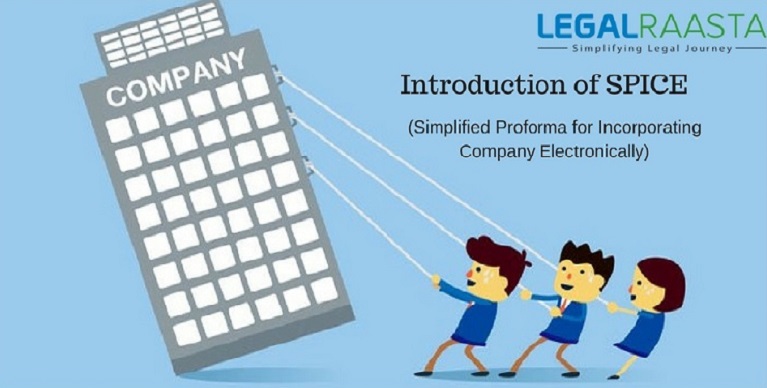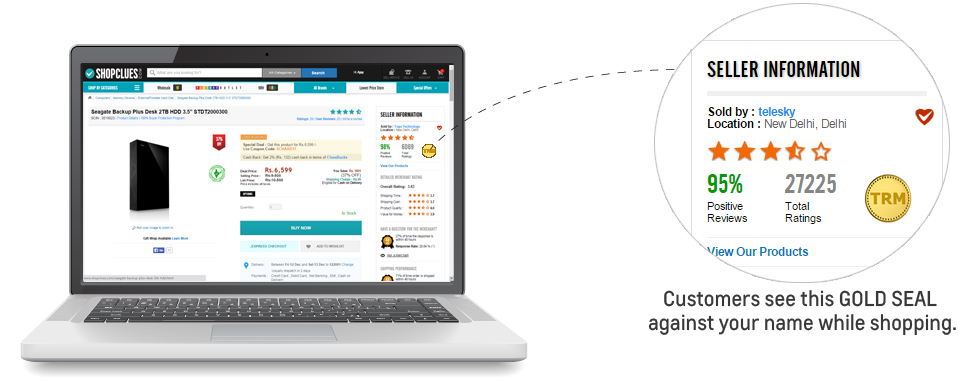What all procedures are required to open a restaurant in India?
The Food and beverage industry is one of fastest evolving industry in India. Backed by urbanization, Tier II and tier III and an increasing urge to eat outside, the industry is growing at a real rapid rate. Currently estimated at 75000 Crore and is estimated to reach 1, 37000 Crore by the next fiscal the industry is tempting in many new entrepreneurs.
So if you too are one amongst the much, willing to dive into this ever growing industry, you need to thoroughly revise all the prerequisites in order to save yourself from that legal mess.
Choice of Business type:
One of the most crucial decision to be taken, while planning to start a restaurant business is the choice of business entity. The entrepreneur can choose from a Limited liability partnership, Sole proprietorship, partnership, or one person company, depending on the risk involved and costs associated each entity has its own pros and the cons. One has to well consider the fact that proprietorships and partnerships do not provide limited liability, continuous existence or separation of assets, so these aspects to be taken good care of while choosing the form of entity.
Legalities for starting a restaurant:
Food safety license:
To be obtained by FSSAI (Food Safety and Standards Authority of India) established under the Food Safety and Standards Act 2006 as a statutory body for laying down science based standards for articles of food. Obtaining an FSSAI license ensures that you have complied with the food safety and security standards as are laid down by the governing body. FSSAI license is divided into two types, State level license, and central license. Hotels, restaurants, and medium-sized manufacturers are covered under state license and large-sized manufacturers come under central license.
Health Trade license:
Another important license to start your restaurant with. It gives permission to trade in those articles that have a direct impact on public’s health. It is issued by the Municipal Corporation of the health department of that state.
License for eating house: Every eating house needs to have a license for eating house, authorized by the city or state police headquarters and the police commissioner licensing.
Fire security certificate: Since every eatery or would be eatery has to declare themselves as a fire safe, they need to furnish an NOC from the Fire Department of the city. Upon the acceptance of your application, a detailed examination is too carried out of your premises, followed by the grant of NOC.
Liquor License:
Liquor license L-17 to be obtained if the restaurant is to serve liquor. To be obtained by the Excise commissioner of the city, this license asks for a prior approval from the Department of tourism from the Government of India.
Shops and Establishment Act: A restaurant has to be registered under Shop Establishment license in order to ensure that within the premises there are healthy working conditions and is adhering to the standards of employee rights.
Service Tax registration
According to the 2013 budget, it has been mandated by the law, that all air conditioned restaurants are to pay service tax if their annual sales exceed INR 10 lac with a specified rate of 4.94% per annum.
VAT registration:
For every business that deals with the sale of goods or any items or sale of food items, it is mandatory to obtained VAT registration authorized by the state government which varies across the states.
Trademark Registration:
In case the entrepreneur wishes to open a chain of restaurants and has plans to invest a significant amount of time and money into branding, it is highly advisable to obtain trademark registration to obtain ownership of intellectual property. Trademark registration can also help deter branding by competitors.
While you’re wholly lost in the excitement of starting a new restaurant, some entrepreneurs may overlook the needs to obtain these licenses and permits. Little do they realize that it’s the virtue of all these licenses that the restaurants live a hassle free life. They are not mere permissions but your excellent marketing tools. As a startup entrepreneur, you need to take full advantage of these licenses and permits. Run an eatery that is not just delicious but legit as well.









